Laurent Tirard - Moviemakers Master Class: Private Lessons from the Worlds Foremost Directors
Here you can read online Laurent Tirard - Moviemakers Master Class: Private Lessons from the Worlds Foremost Directors full text of the book (entire story) in english for free. Download pdf and epub, get meaning, cover and reviews about this ebook. year: 2002, publisher: Faber & Faber, genre: Detective and thriller. Description of the work, (preface) as well as reviews are available. Best literature library LitArk.com created for fans of good reading and offers a wide selection of genres:
Romance novel
Science fiction
Adventure
Detective
Science
History
Home and family
Prose
Art
Politics
Computer
Non-fiction
Religion
Business
Children
Humor
Choose a favorite category and find really read worthwhile books. Enjoy immersion in the world of imagination, feel the emotions of the characters or learn something new for yourself, make an fascinating discovery.
- Book:Moviemakers Master Class: Private Lessons from the Worlds Foremost Directors
- Author:
- Publisher:Faber & Faber
- Genre:
- Year:2002
- Rating:4 / 5
- Favourites:Add to favourites
- Your mark:
Moviemakers Master Class: Private Lessons from the Worlds Foremost Directors: summary, description and annotation
We offer to read an annotation, description, summary or preface (depends on what the author of the book "Moviemakers Master Class: Private Lessons from the Worlds Foremost Directors" wrote himself). If you haven't found the necessary information about the book — write in the comments, we will try to find it.
From Scorsese and Lynch to Wenders and Godard, interviews with twenty of the worlds greatest directors on how they make films--and why
Each great filmmaker has a secret method to his moviemaking--but each of them is different. In Moviemaker Master Class, Laurent Tirard talks to twenty of todays most important filmmakers to get to the core of each directors approach to film, exploring the filmmakers vision as well as his technique, while allowing each man to speak in his own voice.
Martin Scorsese likes setting up each shot very precisely ahead of time--so that he has the opportunity to change it all if he sees the need. Lars Von Trier, on the other hand, refuses to think about a shot until the actual moment of filming. And Bernardo Bertolucci tries to dream his shots the night before; if that doesnt work, he roams the set alone with a viewfinder, imagining the scene before the actors and crew join him. In these interviews--which originally appeared in the French film magazine Studio and are being published here in English for the first time--enhanced by exceptional photographs of the directors at work, Laurent Tirard has succeeded in finding out what makes each filmmaker--and his films--so extraordinary, shedding light on both the process and the people behind great moviemaking.
Among the other filmmakers included are Woody Allen, Tim Burton, Joel and Ethan Coen, and John Woo.
Laurent Tirard: author's other books
Who wrote Moviemakers Master Class: Private Lessons from the Worlds Foremost Directors? Find out the surname, the name of the author of the book and a list of all author's works by series.

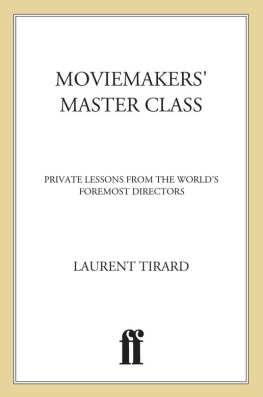
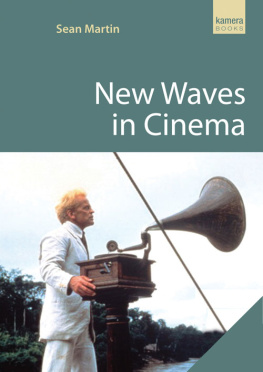
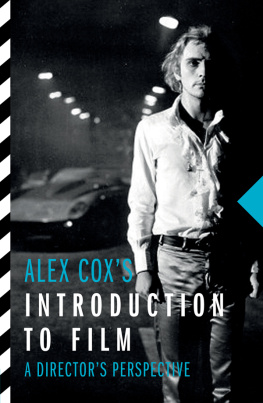

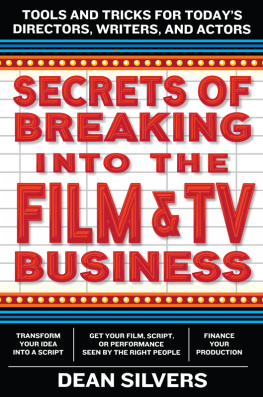
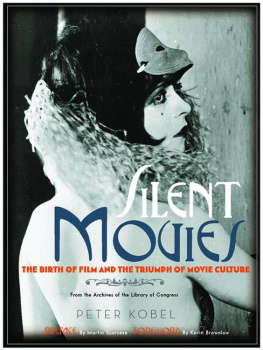
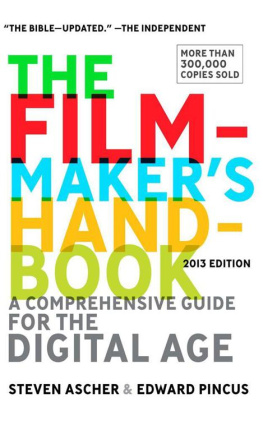
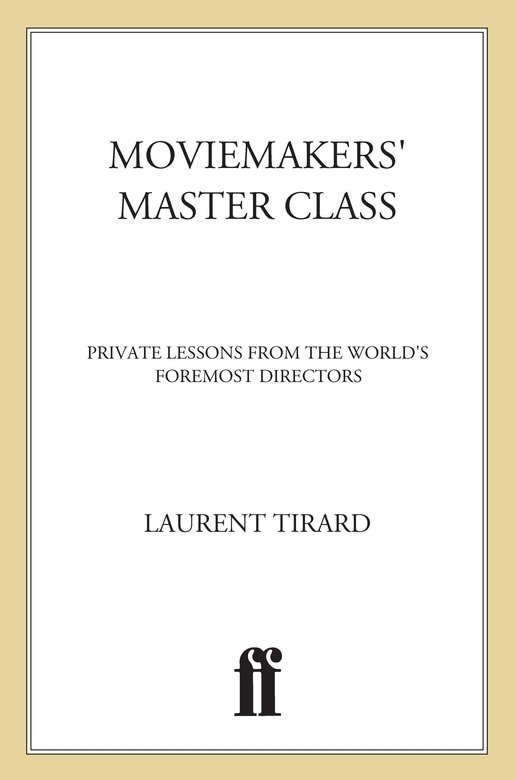

 Master Class with John Boorman
Master Class with John Boorman